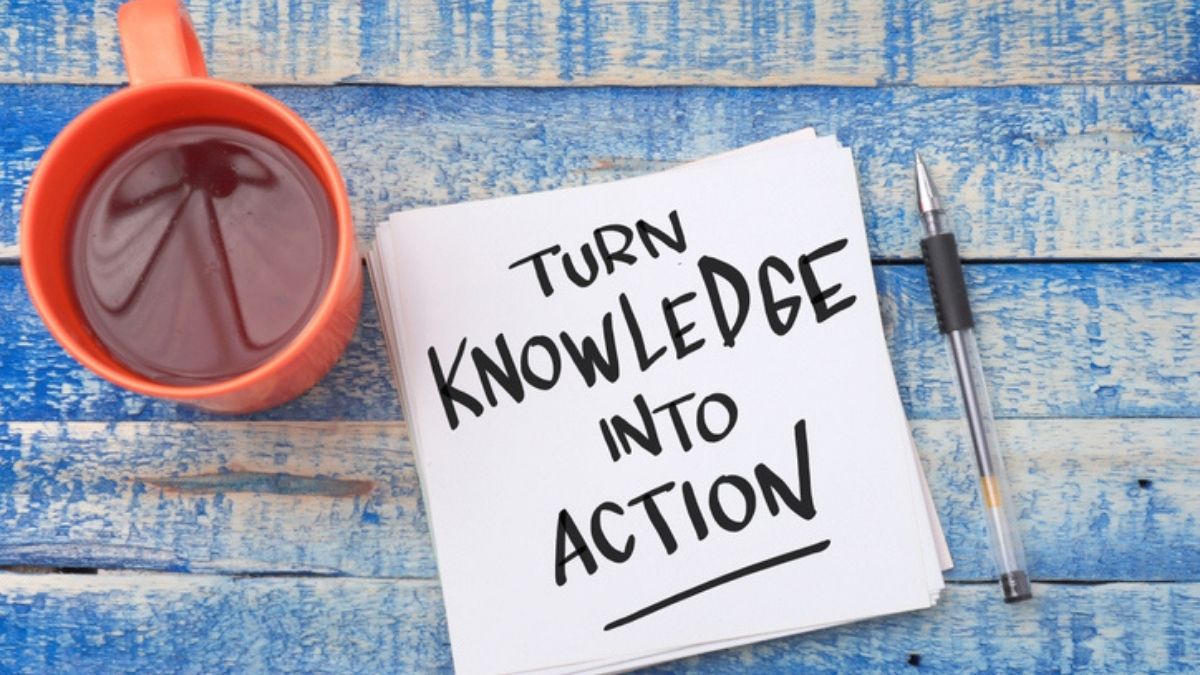Battling addiction is a lifelong process that takes daily strength and determination. Difficult choices and conversations have to be met head-on with honesty, bravery, and self-love for recovery to be successful and sustainable. On top of that, recovering addicts have the same day-to-day responsibilities and struggles in their family lives, careers, and personal relationships as anyone else.
Sometimes, at the end of a long day, a recovering addict just doesn’t have it in them to deal with the sh*t sober people say. A single unkind comment or accusatory question can become much bigger than a matter of simple hurt feelings in the case of someone in recovery. Shame, stigma, and embarrassment are all-too-common triggers for the cycle of relapse and regret.
Even if you believe you’re doing your best to be positive and affirming, you’re quite possibly being annoying and redundant instead. In the worst-case scenario, your half-baked advice (or unsolicited commentary or inappropriate question) could trigger an addict and jeopardize their recovery.
You can call it sober etiquette, addiction etiquette, or plain old empathy. Because all we’re really talking about is being thoughtful and kind and not making someone else’s struggle about your own need to be heard or your desire to come across as wise, compassionate, or funny.
Sh*t Sober People Say
Sober people and people who don’t struggle with addiction sure do have a lot of sh*t to say! Lesson one: structure is key to recovery, so let’s organize it into three categories…
- Antagonizing Advice
- Cringey Questions
- Corny Platitudes and “Funny” Comments
Bad Advice Sober People and Non-Addicts Give
If you’ve never struggled with addiction yourself, and aren’t a trained substance abuse worker, don’t presume to offer advice. Period.
Here are some of the worst hot takes you can offer an addict:
- “One sip won’t kill you!” Nice sentiment, except it truly could. People who end up in recovery do so because they struggle to control the impulse to consume alcohol or other drugs. That single mimosa at the baby shower could be the start of a serious relapse that ends with an addict’s hospitalization, incarceration, or death. You wouldn’t tell your uncle with chronic heart disease, “one double cheeseburger won’t kill you,” would you?
- “Just have one glass with dinner. The wine pairing is important to this dish.” My health, self-respect, and sanity are all way more important to me than the way your wine’s floral notes and nutty finish enhance this tilapia. Shocking, I know.
- “We can just smoke weed instead.” Uh, why would you assume I can or want to? The purpose of recovery is not to simply replace the problematic substance with a different mind-altering drug. And if someone is using cannabis or other medications as part of their recovery, that’s their own business. It’s okay to smoke alone, but don’t even bring it around when you’re hanging out with friends in recovery.
Stupid Questions Sober People and Non-Addicts Ask
A lot of the worst questions stem from a failure to understand what sobriety and recovery really look like. If someone has made it known to you that they’re trying to get sober, take that at face value and don’t assume they can still drink “here and there” or partake in other recreational drugs.
Some of the most offensive questions are:
- “Why aren’t you drinking?” Never demand an explanation when someone tells you they aren’t drinking or partaking in other drugs. They could be in recovery or thinking about getting sober. They could also be pregnant or have a medical condition they’d rather not discuss. It costs you nothing to be supportive instead of curious. That doesn’t mean performatively forgoing your own beer. It just means accepting and respecting their decision.
- “You’re never going to get high again ever? Like never-ever? Not even a little bit?” I can’t promise that to myself, so I definitely won’t promise it to you, but yes… that’s kind of the idea behind getting clean.
- “Then, what do you do to relax or have fun?” This one just makes me feel sad for you. If you can’t wrap your head around the idea of enjoying a good time without booze and drugs involved, maybe I’m not the only one who could benefit from treatment.
- “It’s okay if I have a beer though, right?” It’s hard work for addicts to exist out in the real world, and sometimes that can include being around people who drink or use. This question seems polite on the surface, but it shines a direct spotlight on the addict’s struggle, which can be uncomfortable and triggering. If a recovering alcoholic accepts your invitation to the neighborhood BBQ, rest assured they’re okay with your vibes and your rules. You don’t need to make a show of getting special permission from an addict to drink your own beer at your own house.
- “What? Why would you want to do that?” If you simply can’t understand why somebody would choose to stop drinking and using drugs, congratulations – you’re probably not an addict! Asking someone who does struggle with substances to explain their choices to you adds nothing productive to their recovery and is a tactless and nosy question under almost any circumstances.
Empty Words

What you think is helpful, uplifting, or amusing is, in fact, obnoxious. The addict has already heard every platitude about “being strong” a million times, and your lukewarm “jokes” about addiction aren’t relatable or funny, just irritating.
Empty words to avoid include:
- “You don’t look like an addict. I never would have guessed!” Cool… thanks? Guess I’m supposed to show up at the family picnic in a vomit-encrusted hoodie to remind everyone I’m a recovering addict… Sometimes people say this like it’s supposed to be a compliment, but it inevitably comes off like you’re accusing the addict of lying because they don’t look gross enough for you. Do you often go around guessing what disorders people suffer from based on their appearance? Pretty weird.
- “It’s bad luck to toast with water!” Thanks, Aunt Becky. Did you know it’s also bad luck for me to go on a five-day bender and wake up in a stairwell wearing someone else’s bathrobe and a pair of jail slippers? Recovering addicts get this one at weddings far too often, and it’s time for it to stop. If my can of LaCroix is enough to ruin your marriage, it didn’t have much of a chance in the first place.
- “Just take it one day at a time.” Wow, deep! I was going to just skip the next several weeks, but thanks to this brilliant insight, I’ll live my life one day at a time instead. The addict is already very aware that they need to work hard every day, then get up to do it again the next.
- “I guess we can’t hang anymore.” I don’t know if this is supposed to be cute or funny, but it’s a weird guilt trip and definitely not supportive or useful. If your entire personality hinges on getting wasted, then I guess you’re right; we shouldn’t hang out anymore.
- “You can do it! I did Sober September last year, and it was easy!” This “inspiring” comment minimizes an addict’s struggles and progress by comparing recovery to a short-term wellness fad. It’s great that you were able to cut alcohol out of your diet for a month, whatever your reason, but this is not the same process as addiction recovery. It’s cool to cut down on your own consumption to show your support but discussing their lifelong illness in the same terms as your own “Sober September” or “Dry January” achievements isn’t the way to go about it.
What to Remember When Talking to Recovering Addicts
You don’t have to understand someone’s struggle to respect and support them. There are many things to avoid saying to people in addiction recovery, and you don’t need to memorize them all if you’re simply conscious about what you say and how it might affect someone. Empathy and common sense go a long way when communicating with a recovering addict.
“More listening, less talking” is an easy rule to remember and a simple one to follow. If someone is in a recovery program, you can bet they’re already talking to one or more actual professionals about their issues. If they need to have a discussion with you about addiction, they will start it themselves.
In addition to giving someone respect and privacy, also be aware of using stigmatizing or potentially demeaning language.
Here are a few common terms and how to replace them:
- Drug abuse – Call it “substance use” or “misuse” instead of “abuse.” Abuse is a word inextricably linked to violence in our language and culture.
- Addict – Addicts and recovering addicts can be referred to as “people struggling with substance use” to cut down on some of the sharp, shaming language. Every recovering person is different, however, and some proudly take ownership of the term “addict” as part of their recovery. Until you know, it’s best to use language with less baggage attached.
- Getting clean/staying clean – Use of the word “clean” to describe sobriety seems harmless on the surface, but it implies that anyone still struggling with substances is “dirty.” This is the kind of assumption that makes it difficult to seek help.
Your Language Makes a Difference

Many people struggle with substance use disorders, and you can cause serious harm with a careless remark or a piece of unsolicited advice. If you want to be supportive of a loved one undergoing this struggle, remember that they deserve respect and empathy, not prying questions and unhelpful comments.




